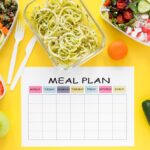Eating well isn’t about following fads or cutting everything you love. It’s about giving your body what it truly needs to thrive—energy, balance, and strength.
For women, nutrition can feel confusing. Every stage of life brings new challenges, from hormonal shifts to lifestyle changes. But you don’t have to figure it all out alone.
This guide breaks it all down with realistic, empowering tips tailored just for you. Let’s dive into smart, nourishing habits that actually make you feel amazing.
1. Prioritize Protein with Every Meal
Feeling hungry soon after eating? You may not be getting enough protein in your meals, which helps you feel full and satisfied.
Protein supports your muscles, boosts your metabolism, and gives your body long-lasting energy. It’s the backbone of a balanced plate.
Try including protein-rich foods like Greek yogurt, eggs, beans, or even chia seeds throughout your day. You’ll notice the difference in your energy and cravings.
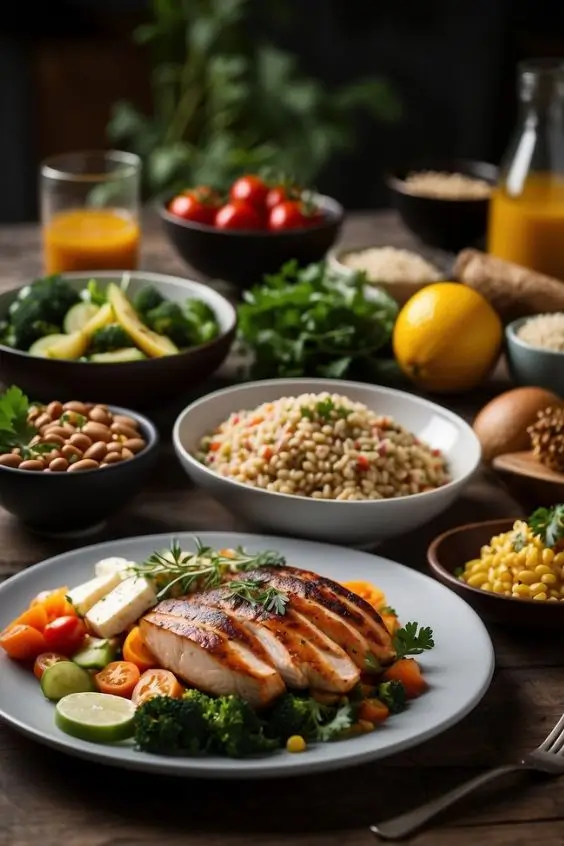
2. Embrace Healthy Fats, Don’t Fear Them
Not all fats are created equal. Healthy fats help balance hormones, support your brain, and even promote glowing skin.
Avocados, nuts, olive oil, and seeds offer healthy fats your body needs. They also help you absorb important vitamins better.
Add a little healthy fat to each meal—it’s not just good for you, it’s also incredibly satisfying and delicious.
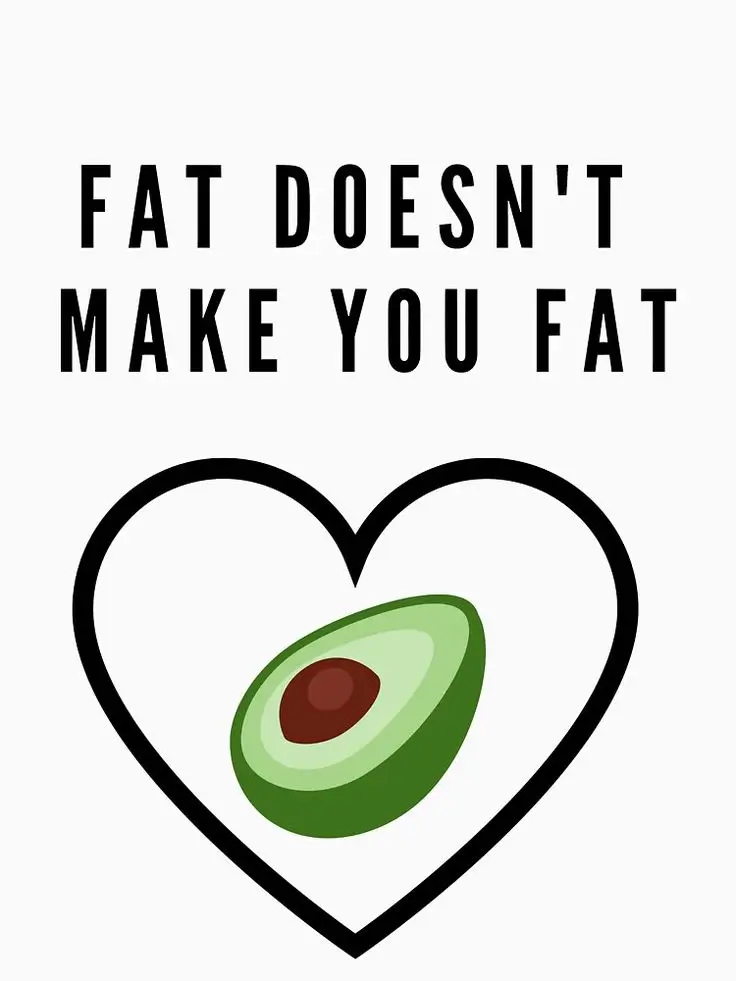
3. Choose Whole Foods Over Processed
Processed foods may be convenient, but they often leave you feeling sluggish and unfulfilled. Your body deserves real, whole ingredients.
Whole foods give your body the nutrients it craves without the added sugars, chemicals, and artificial fillers. They help you feel naturally energized.
Build your meals around fresh vegetables, fruits, grains, and proteins. You’ll feel more nourished and in control of your health.
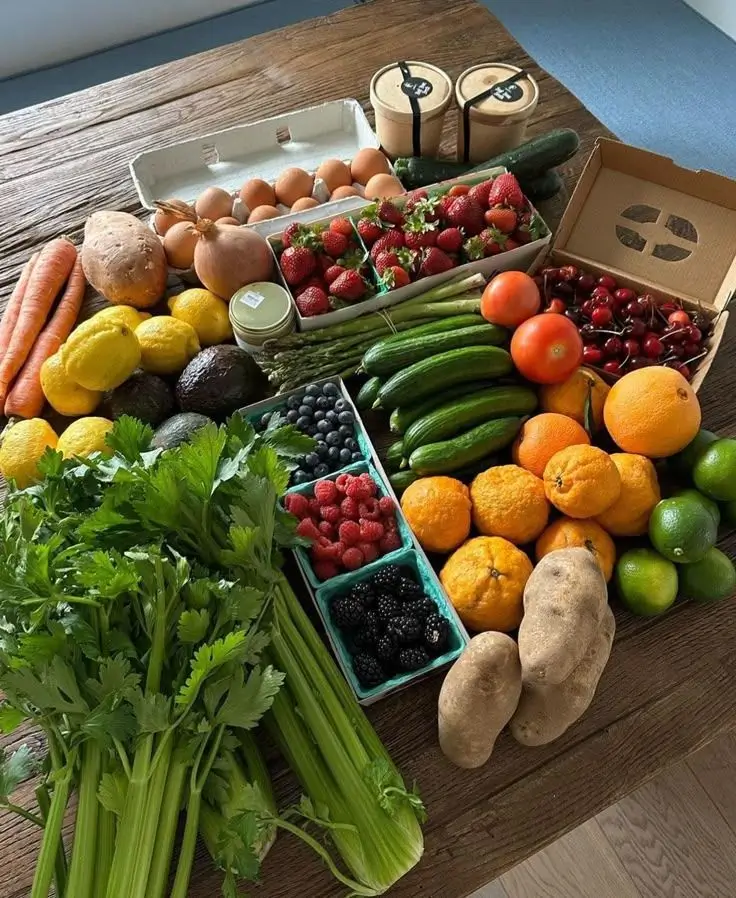
4. Eat the Rainbow Daily
Color matters on your plate. Every shade of fruit or vegetable brings its own unique nutrients to the table.
Red, orange, green, and purple foods each support different parts of your body. The more colors you eat, the more balanced your diet becomes.
Aim to add vibrant ingredients to every meal, whether it’s a smoothie, salad, or stir-fry. It’s like eating a natural multivitamin.
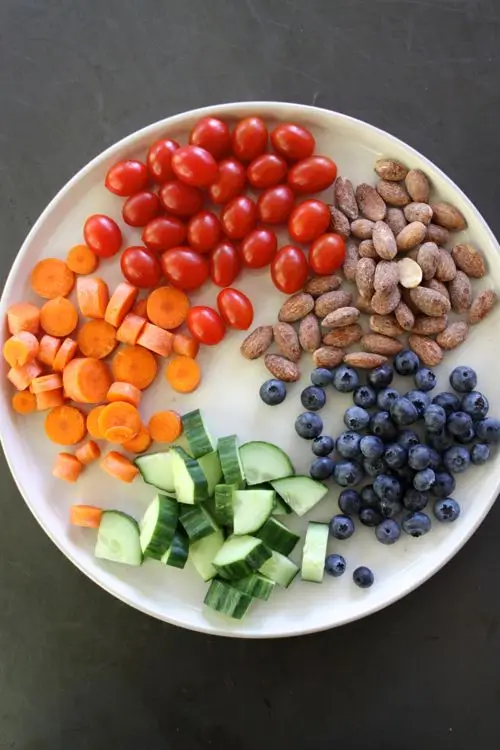
5. Don’t Skip Breakfast—Make It Count
Skipping breakfast can set you up for cravings and crashes later in the day. A balanced breakfast helps you kickstart your metabolism.
Make your mornings count with meals rich in protein, fiber, and healthy fats. Think eggs, oats, or a veggie-packed smoothie.
Your body needs fuel after fasting overnight, and a solid breakfast gives you the power to stay focused and strong.

6. Hydrate Like You Mean It
If you’re feeling tired or bloated, check your water intake. Hydration plays a major role in how your body functions.
Water helps with digestion, skin clarity, and even mood stability. It keeps everything running smoothly from the inside out.
Carry a water bottle throughout the day and sip regularly. Your body and mind will both feel the refresh.
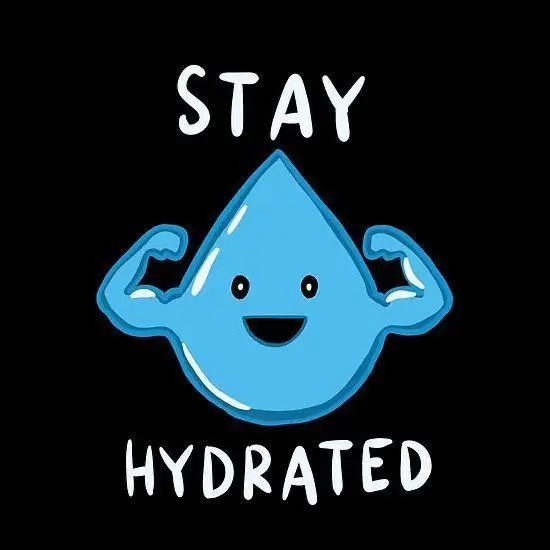
7. Boost Iron the Smart Way
Feeling tired, dizzy, or foggy? Low iron could be the culprit, especially for women with heavy periods or vegetarian diets.
Iron supports oxygen transport in your blood, which affects your energy levels. It’s vital for feeling strong and alert.
Add iron-rich foods like spinach, beans, or lean meats to your meals. Pair them with vitamin C-rich foods to help your body absorb it better.

8. Balance Your Plate with the 50/25/25 Rule
Want a no-stress way to build a healthy meal? Use the 50/25/25 method: half veggies, a quarter protein, and a quarter healthy carbs.
This approach keeps your plate colorful, nutritious, and well-rounded. It supports energy and reduces post-meal crashes.
Whether it’s lunch or dinner, you can build any meal using this rule. It’s simple, visual, and super effective.
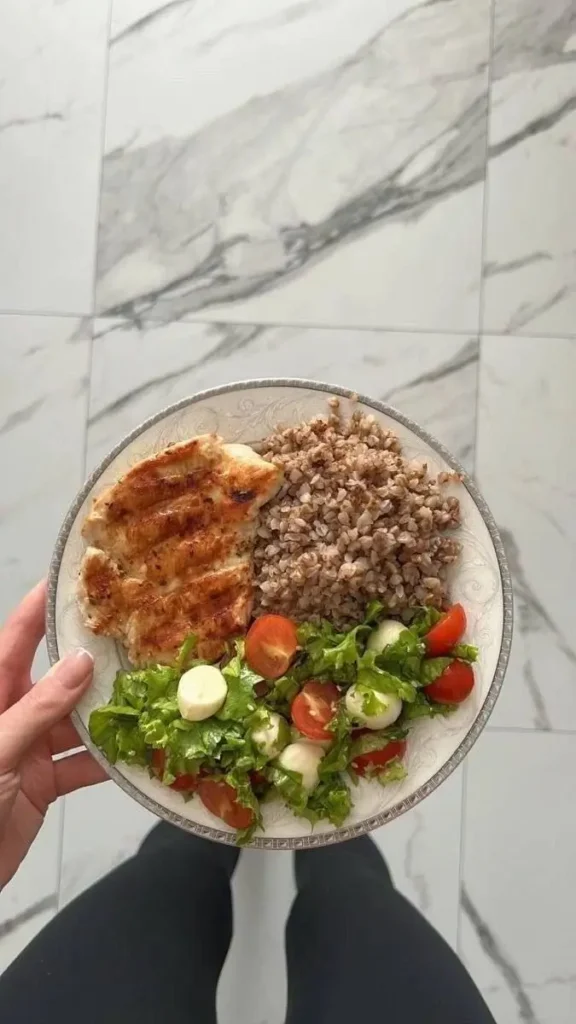
9. Snack Smarter, Not More Often
Snacking isn’t bad, but mindless munching can sneak in extra sugar, salt, and calories without you noticing.
Choose snacks that actually satisfy you. Go for something with protein or fiber to keep your hunger in check.
Before reaching for a snack, ask yourself if you’re truly hungry or just bored. Awareness makes a huge difference.
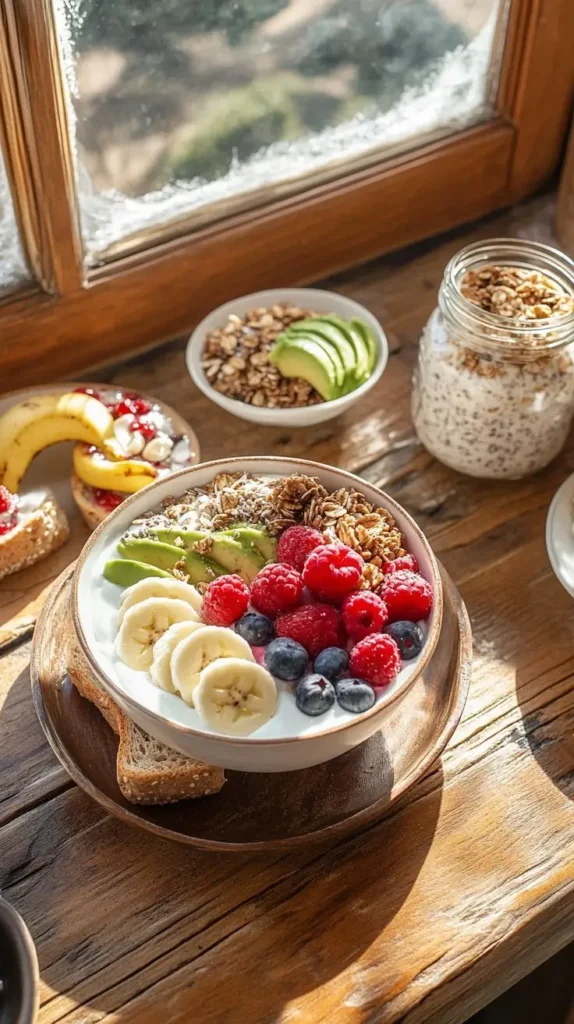
10. Focus on Gut-Friendly Foods
If you’re constantly bloated or uncomfortable, it might be time to focus on your gut health. Your digestion affects your entire well-being.
Incorporate fermented foods like yogurt or kimchi, and fiber-rich foods like oats and bananas. These support healthy gut bacteria.
A well-functioning gut helps you absorb nutrients better and boosts your immune system. It’s worth the extra attention.
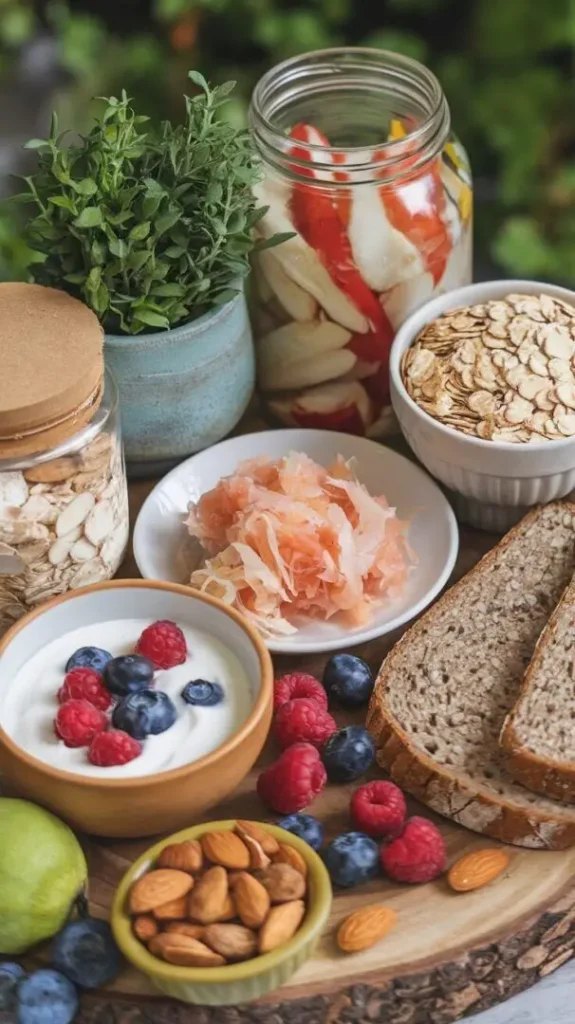
11. Limit Added Sugars, Not Natural Sweetness
Excess sugar doesn’t just lead to weight gain—it also disrupts your hormones and energy. But not all sweetness is bad.
Focus on reducing added sugars while enjoying natural sources like fruits or dates. You still get the sweet taste without the crashes.
Reading labels helps, but also try homemade alternatives when possible. Your energy levels will stay more stable throughout the day.

12. Support Bone Health with Calcium and Vitamin D
Bone health isn’t just for older women. Your bones start losing density much earlier than you might expect.
Calcium keeps them strong, while vitamin D helps your body absorb it properly. Together, they protect you long-term.
Get your calcium from leafy greens, dairy, or almonds, and soak in a bit of sunlight to keep vitamin D in check.
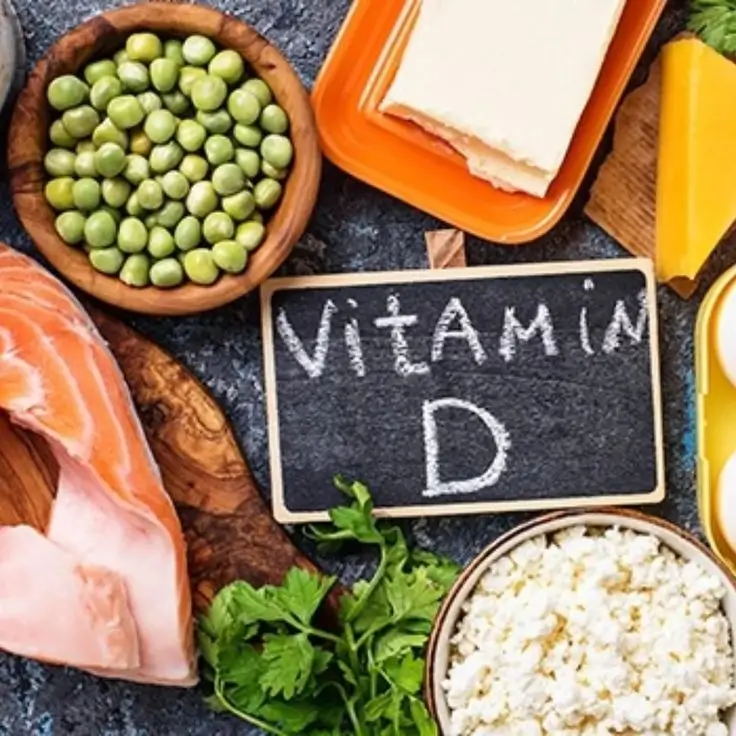
13. Eat More Fiber to Feel Full and Stay Regular
Fiber doesn’t just support digestion—it also helps you feel full longer and stabilizes blood sugar levels.
Women should aim for at least 25 grams a day, and it’s easier than it sounds. Just include fruits, veggies, and whole grains regularly.
Try starting your morning with oats or adding beans to your lunch. A few small tweaks can keep your system running smoothly.
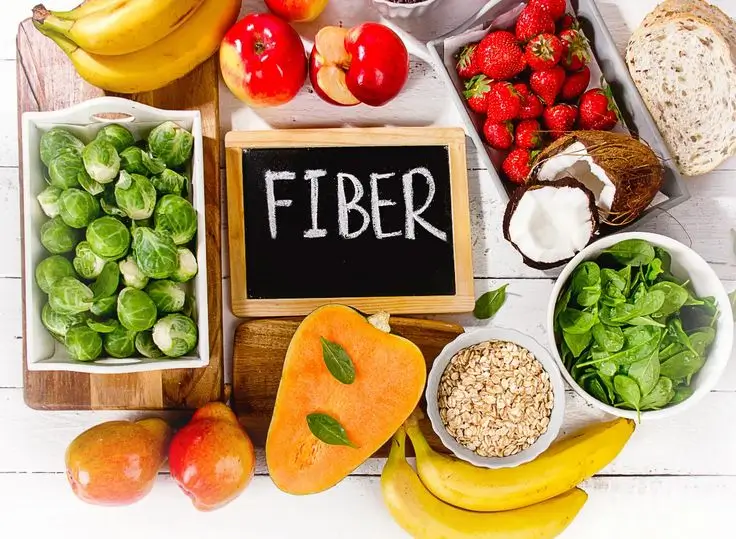
14. Don’t Be Afraid of Carbs—Choose the Right Ones
Carbs fuel your brain and body. The key is choosing complex carbs that digest slowly and keep you full.
Whole grains, sweet potatoes, and legumes are much better options than refined sugars or white bread. They keep your energy steady.
You don’t have to ditch carbs to be healthy. Just make smarter swaps that nourish instead of drain.
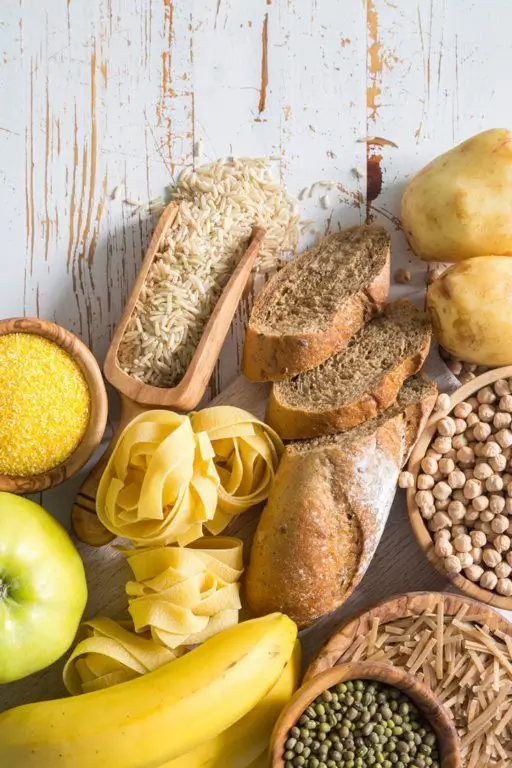
15. Make Room for Mindful Indulgences
Health isn’t about perfection—it’s about balance. Enjoying treats mindfully helps you stay consistent without feeling deprived.
Have that chocolate or cookie, but savor it. Eating slowly and intentionally lets you enjoy it without overdoing it.
When you stop labeling foods as “bad,” it’s easier to build a healthy relationship with what’s on your plate.
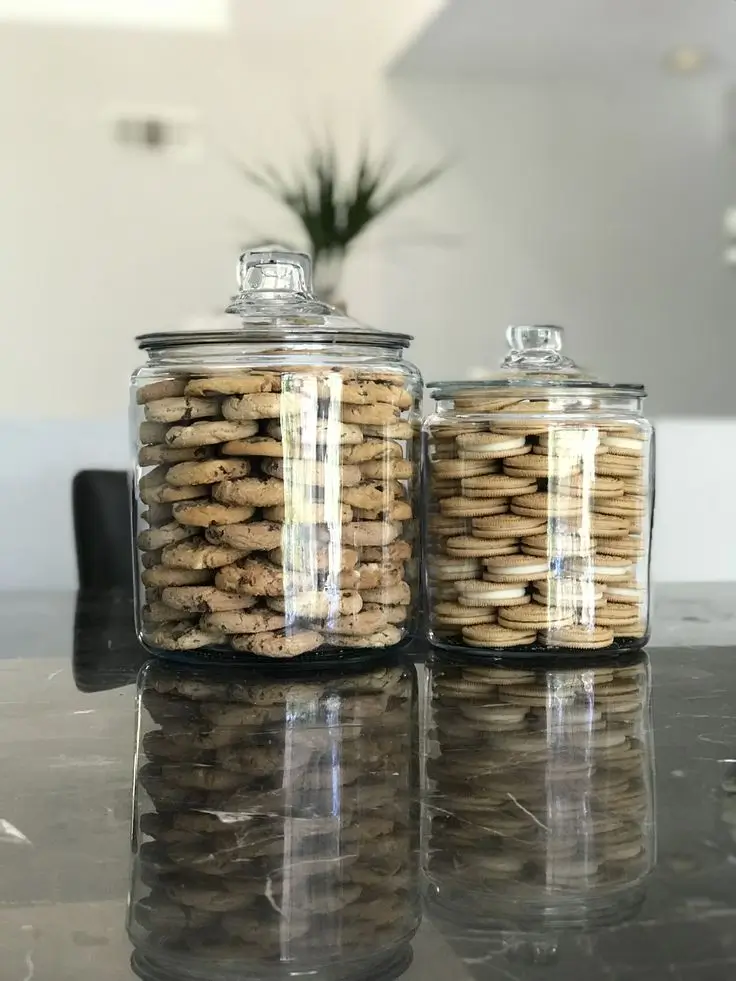
16. Cycle Your Diet with Your Hormones
Your body’s needs change throughout your menstrual cycle. Listening to it can help you reduce cravings and improve mood.
During your follicular phase, opt for lighter meals with fresh produce. In the luteal phase, add more magnesium and healthy fats.
Tuning into your cycle helps you better support your body’s natural rhythms. It makes nutrition feel intuitive, not restrictive.
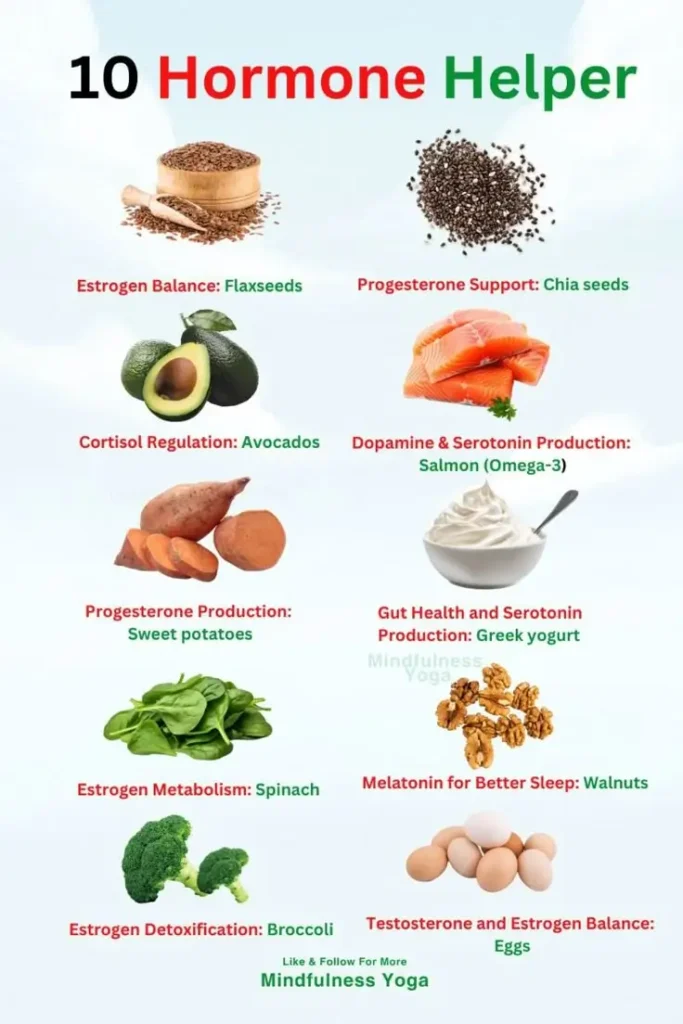
17. Consider Supplements with Guidance
Sometimes, food alone doesn’t meet every need. That’s where smart supplementation can help fill the gaps.
Common ones for women include vitamin D, magnesium, B12, and omega-3s. But it’s important to get tested and ask your doctor first.
Think of supplements as a safety net—not a substitute for real food. They enhance your routine when used wisely.

18. Keep Portion Sizes in Check
Even nutritious food can be overdone. Paying attention to portion control helps you stay in tune with your body’s needs.
Try using smaller plates, and pause during meals to check in with your hunger. Slow, mindful eating works wonders.
You don’t need to count calories to stay healthy. Just eat until you’re satisfied—not stuffed—and your body will find its balance.
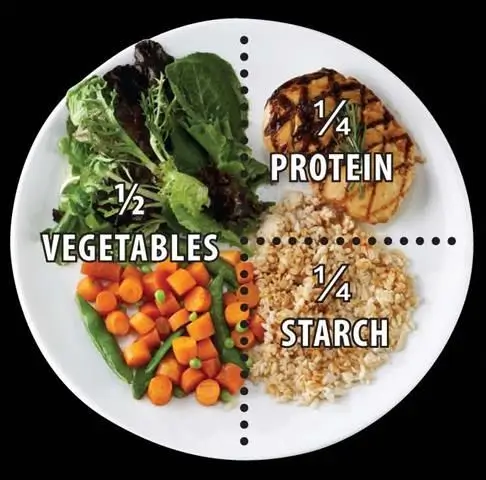
19. Nourish Based on Your Lifestyle Stage
Your nutrition needs change as your life does. Pregnancy, postpartum, and menopause all call for unique adjustments.
Pregnant women need more folate and iron. New moms need hydration and extra nutrients, while menopausal women benefit from calcium and fiber.
Check in with yourself often and adjust your meals accordingly. Eating for your stage in life keeps you strong and supported.
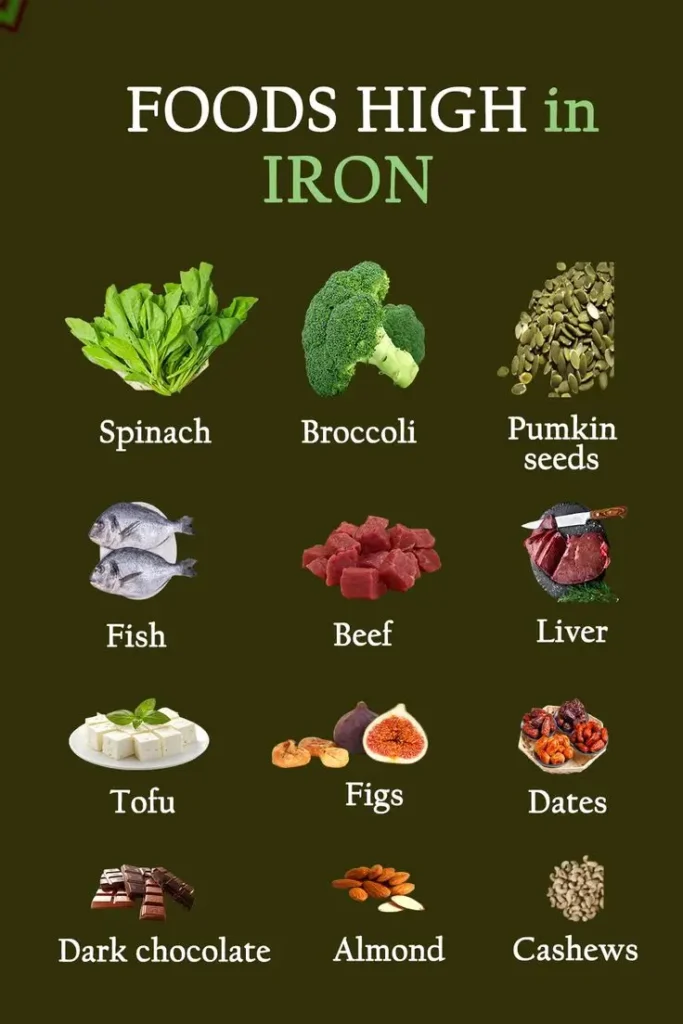
Final Thoughts: Fuel Yourself with Intention
Eating well isn’t about following every rule. It’s about tuning into your body and giving it the nourishment it deserves.
Start small. Add one habit at a time. Maybe it’s more water, more greens, or fewer processed snacks—whatever feels doable.
These nutrition ideas are tools to help you thrive. With each thoughtful choice, you move closer to a life that feels lighter, healthier, and full of energy.








